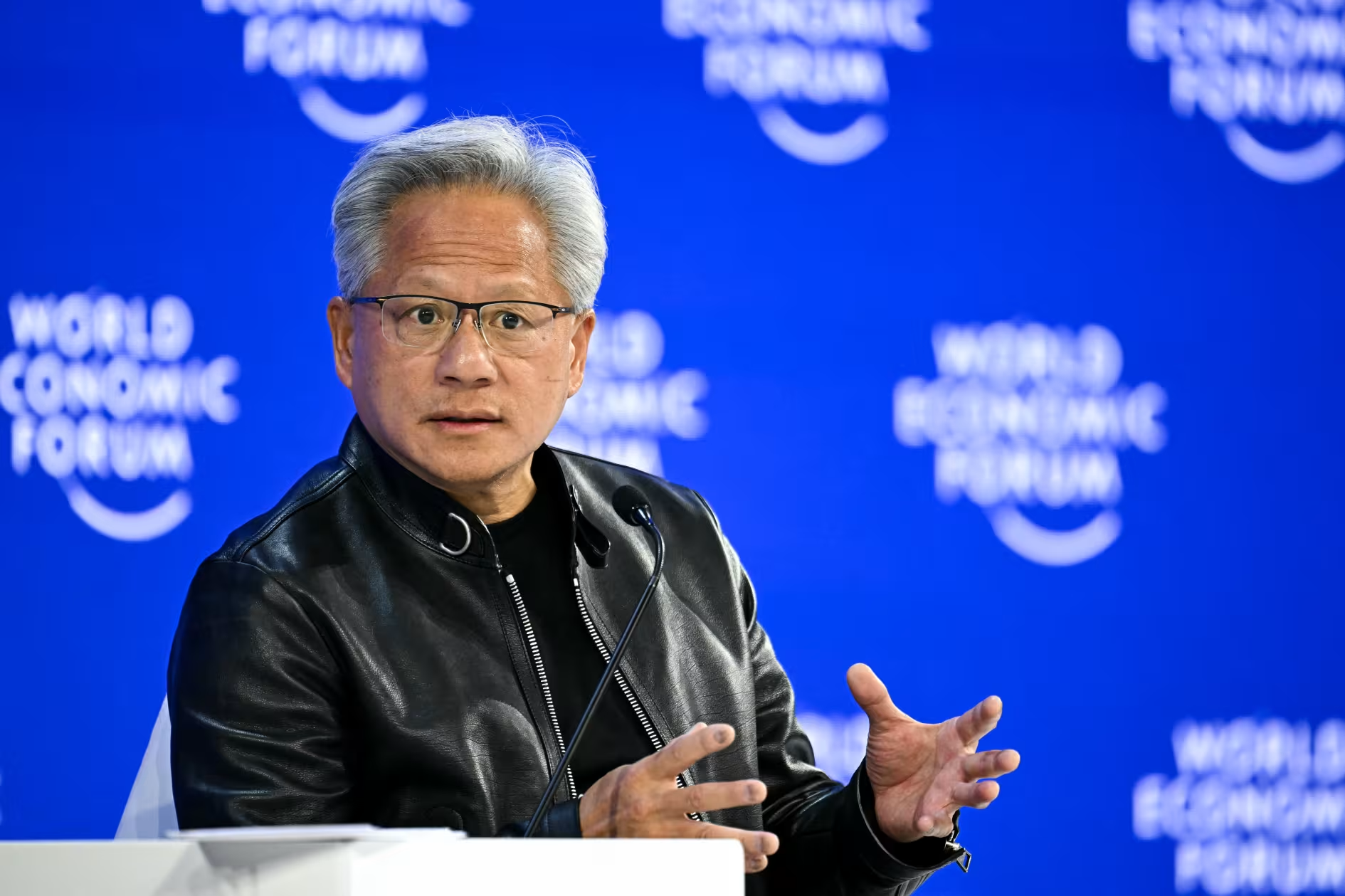As Chinese companies navigate potential US tariffs, one major factor distinguishing President Donald Trump’s second term from his first is the rapid advancement of generative artificial intelligence (AI) in China.
In recent weeks, major Chinese firms have been announcing new AI-powered products or strategies, highlighting how the technology is reshaping business operations and revenue streams.
Several Chinese companies have leveraged AI advancements to enhance their market position:
Kuaishou, a short-video platform, reported that its AI-powered video generator, Kling, has generated over 100 million yuan ($13.78 million) in revenue since its launch last summer.
Tencent has updated its AI model for creating 3D visuals, which can be used in gaming and 3D printing. The company also expanded its Hunyuan T1 reasoning model, integrating it with its Yuanbao chatbot. This move led to a 20-fold increase in daily active users for Yuanbao in just a month.
Baidu introduced AI-powered tools that allow users to build websites and simple games through conversational prompts rather than coding.
Kunlun Tech, the parent company of the Opera browser, upgraded its Mureka app, which uses AI to generate music.
China’s position as a manufacturing hub further strengthens its AI capabilities. With vast amounts of industrial data, Chinese firms can train industry-specific AI models, enhancing efficiency across different sectors.
While China faces economic pressures from tariffs and trade restrictions, AI is expected to play a critical role in cutting costs and improving efficiency for businesses. Investment strategist Ding Wenjie from China Asset Management noted that AI-driven advancements are boosting expectations for corporate earnings in the coming year.
A February estimate from Goldman Sachs projected that a 20% increase in US tariffs on Chinese goods could reduce Chinese corporate earnings by 5% (in Hong Kong dollar terms). However, the cost-saving potential of AI could help offset some of this impact.
China’s AI advancements are not only reshaping its domestic economy but are also drawing global attention.
DeepSeek, a Chinese AI startup, recently upgraded its V3 large language model, making it available on the AI development platform Hugging Face. The model reportedly offers improvements in reasoning and coding, positioning it as a competitor to OpenAI’s ChatGPT.
At a conference in China this week, Apple CEO Tim Cook reportedly praised DeepSeek’s AI models as “excellent.”
Beyond trade disputes, some analysts believe AI could become a key area for US-China cooperation, similar to nuclear arms control agreements between the US and the Soviet Union during the Cold War.
With AI reshaping industries worldwide, companies across the globe—including Amazon, Meta, and Microsoft—are increasing investments in AI infrastructure. A report from Bloomberg Intelligence predicts that spending on data centers and AI computing resources will reach $371 billion in 2025 and could exceed $525 billion per year by 2032.










The latest news in your social feeds
Subscribe to our social media platforms to stay tuned